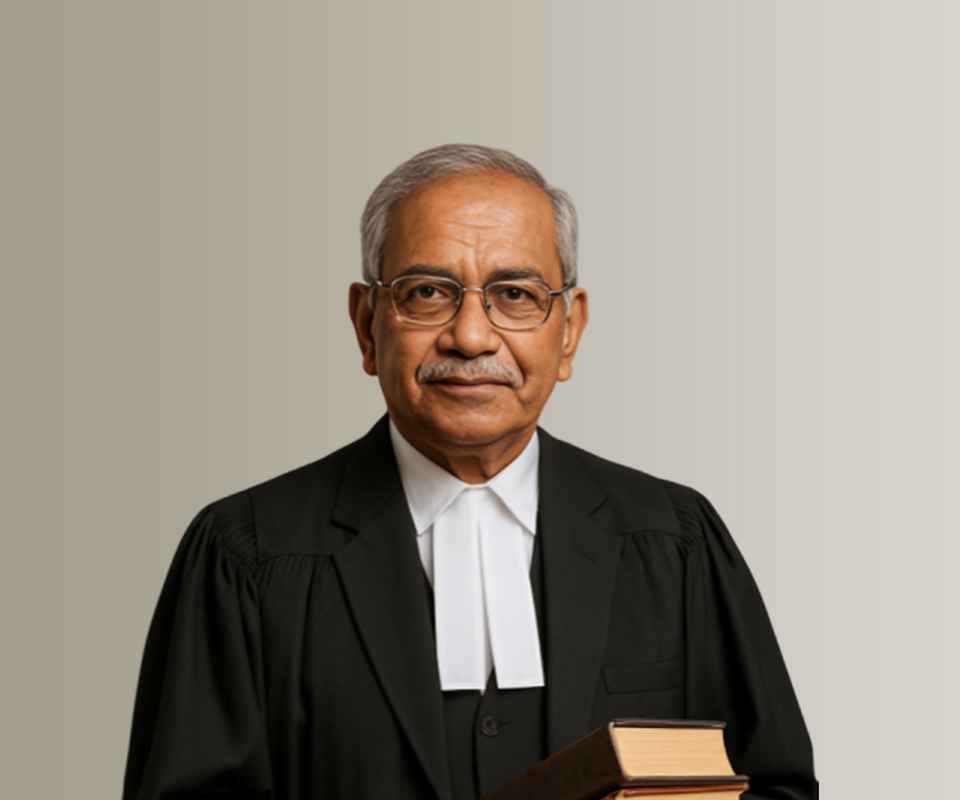Answer By law4u team
Joint custody arrangements involve both parents sharing legal and/or physical custody of their child. While custody determines parenting time and decision-making authority, financial responsibilities related to the child’s upbringing—such as education, healthcare, and daily needs—are often shared. Courts typically require parents to cooperate in covering these expenses, though the exact division depends on agreements or court orders.
Financial Responsibilities in Joint Custody
Shared Financial Responsibility
Both parents are generally expected to contribute to the child’s expenses proportionate to their income and capacity.
Child Support Payments May Still Apply
Even in joint custody, one parent may pay child support to the other to equalize the financial burden.
Parenting Plan or Custody Agreement
Expenses and support obligations are usually outlined in the parenting plan or court order.
Types of Expenses Covered
- Routine expenses (food, clothing, shelter)
- Education fees and supplies
- Medical, dental, and therapy costs
- Extracurricular activities and transportation
Dispute Resolution
Courts can intervene if parents disagree on expense sharing.
Legal and Practical Considerations
Income-Based Contribution
Courts often consider each parent’s income to determine fair expense sharing.
Documentation
Keeping records of expenditures and payments is important for transparency.
Communication
Parents should maintain clear communication to manage expenses efficiently.
Adjustments Over Time
Expense sharing arrangements can be modified as circumstances change.
Consumer Safety Tips
- Draft a clear written agreement about expense sharing.
- Use court orders to enforce financial responsibilities.
- Keep all receipts and financial records related to the child.
- Consult a lawyer to resolve disputes or modify agreements.
- Communicate regularly about financial matters to avoid conflicts.
Example
In a joint custody case, the mother earns ₹80,000 per month, and the father earns ₹50,000. Both share custody of their child equally.
How expenses might be split:
- Both parents agree to cover daily expenses proportional to their income — mother pays 62%, father 38%.
- The father pays monthly child support to the mother to balance the financial responsibilities.
- Education fees and medical costs are shared equally or as agreed.
- Any disputes about expenses are brought before the family court for resolution.
- They maintain detailed records and communicate regularly about spending.







